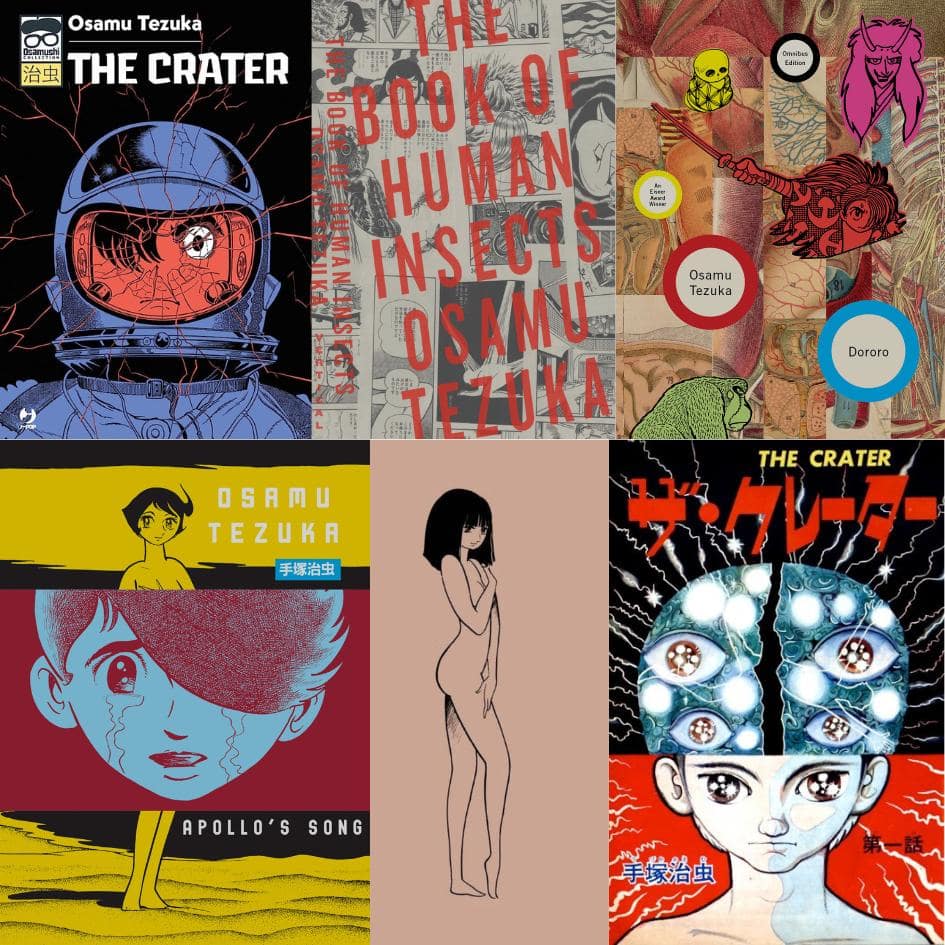
“Graphic Novel Explores Complex Issues Surrounding Animal Cruelty”

**The Emotional and Ethical Depths of Keum Suk Gendry-Kim’s “Dog Days”**
South Korean comic artist Keum Suk Gendry-Kim has long been regarded as a masterful storyteller, weaving poignant narratives that explore complex human emotions and social issues. Titles like *Grass* and *The Waiting* have left readers worldwide grappling with themes of historical trauma, resilience, and societal divides. With her latest graphic novel, *Dog Days* (2024), Gendry-Kim dives into the intricate and often heart-wrenching dynamics of human-canine relationships while providing an unflinching look at cultural and generational divides within South Korean society.
### A Story Rooted in Deep Emotional Connections
*Dog Days* begins in the urban sprawl of Seoul, where the protagonists, Hun and Yuna, decide to bring a corgi, Carrot, into their home after experiencing a family loss. However, Carrot’s evident anxiety, likely linked to his origins in one of South Korea’s notorious “puppy mills,” prompts the couple to make a dramatic change in their lives. Moving to a rural village in search of peace and healing for Carrot, Yuna and Hun step into a world that reveals more about the fraught relationship between humans, animals, and cultural tradition than they could have imagined.
Adjusting to rural life proves challenging for the city-dwelling couple. They face judgment and skepticism from traditional-minded neighbors and become frustrated with the prevalent neglect of animals in the community. Stray dogs cross their paths regularly, while their neighbor Mr. Han keeps a backyard kennel of puppies that mysteriously vanish without explanation. When a puppy is abandoned on their doorstep, they adopt her and name her Potato, extending not only their family but also their sense of moral responsibility.
### Examining Societal Tensions in Rural and Urban South Korea
Throughout *Dog Days*, Gendry-Kim contrasts the perspectives of urban and rural communities in a way that highlights broader societal changes in South Korean culture. In the countryside, food scarcity and traditional practices—including the controversial consumption of dog meat—clash with the ethical questions that dominate urban sensibilities in modern Seoul. The novel doesn’t shy away from uncomfortable topics, such as animal cruelty and intergenerational misunderstandings, yet Gendry-Kim approaches these themes with sensitivity and nuance.
For instance, Yuna’s discovery of Mr. Han preparing dog meat is portrayed not as an act of condemnation but as a moment of reckoning, forcing her to confront the coexistence of empathy and normalized suffering within her community. The arrival of a known dog vendor’s van further cements the reality that cultural practices surrounding dog consumption remain an open secret in some parts of the countryside. However, Gendry-Kim doesn’t simply cast rural dwellers in a negative light; instead, she uses the narrative to explore the societal and economic struggles that give rise to such practices.
### An Artistic Vision of Empathy
What truly elevates *Dog Days* is Gendry-Kim’s gripping artistry, which captures both raw emotion and the fleeting beauty of everyday life. Using sweeping dry-brush strokes, bold blacks, and detailed line work, she illustrates moments of deep connection—whether it be a glance between Yuna and Hun, the innocent playfulness of their dogs, or the serene backdrop of the countryside.
One standout sequence involves a striking shift in artistic style when Yuna experiences a vivid nightmare. Rendered in blurry wet-on-wet gray washes, the dream fuses memories from her childhood with her dismay at witnessing animal cruelty in the present day. This sequence, like much of Gendry-Kim’s work, underscores her ability to communicate profound emotional tension through visual storytelling.
The dogs themselves are central to the novel’s emotional core, at times depicted as oversized figures towering over their surroundings—symbolizing their significance in the couple’s lives. Gendry-Kim uses these oversized portrayals to convey the emotional weight their animal companions carry, representing love, grief, and responsibility in a way that transcends words.
### A Bold and Personal Exploration
In her afterword, Gendry-Kim acknowledges the potential for the story to reinforce stereotypes about generational or rural differences. However, she makes it clear that her goal is not to judge but to reflect on her own journey of grappling with animal welfare and ethical questions. She centers her narrative in deeply personal experiences, balancing her convictions with her understanding of cultural context.
By boldly sharing her autofictional tale, Gendry-Kim encourages readers to reconsider the relationships they have with animals—not just as pets but as beings deserving of ethical consideration. Her decision to root the story in her perspective makes *Dog Days* feel intimate, urgent, and impossibly human.
### Love and Ethical Responsibility
At its core, *Dog Days* is a meditation on love, loss, and the moral challenges of living alongside animals in an